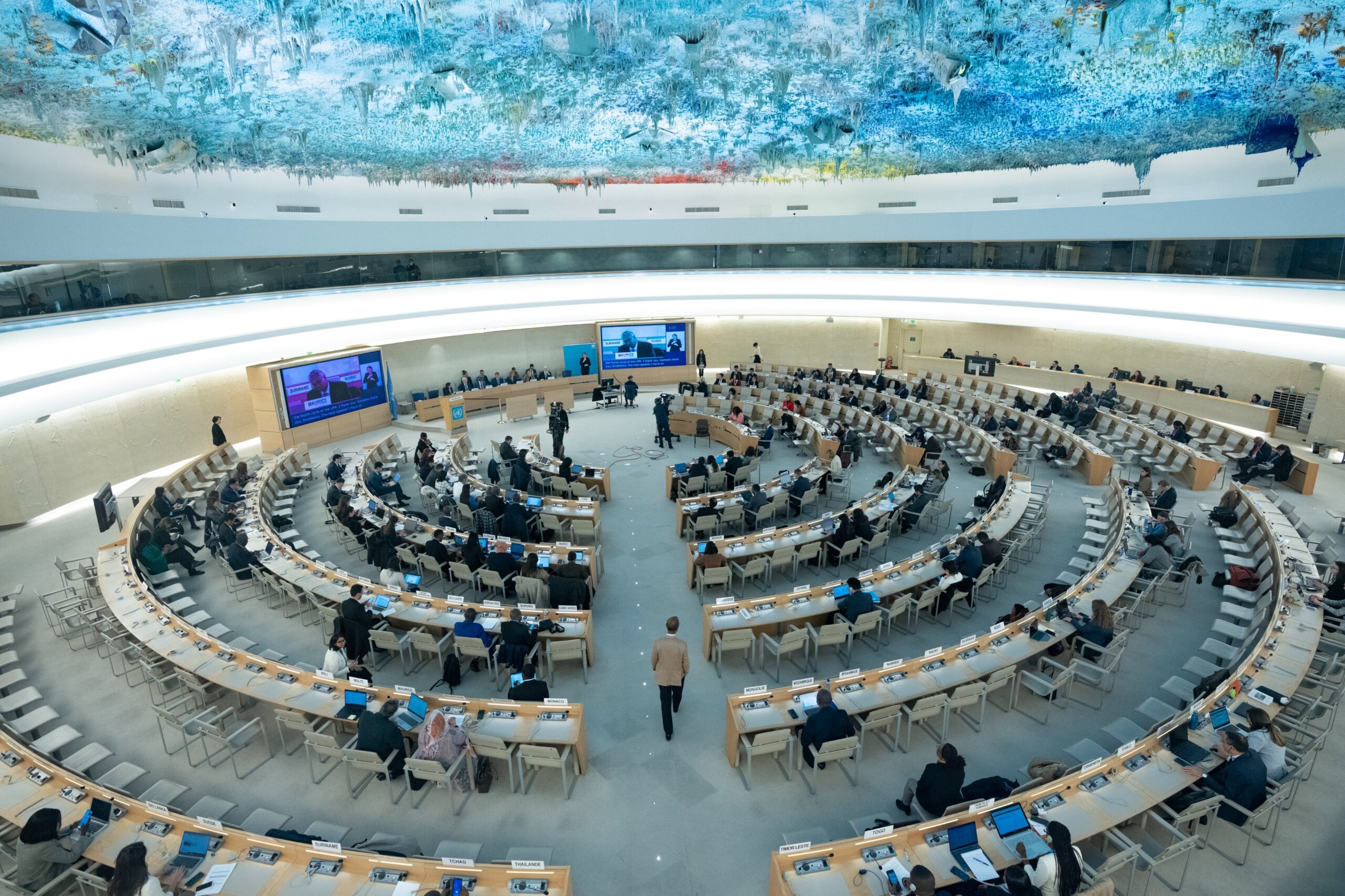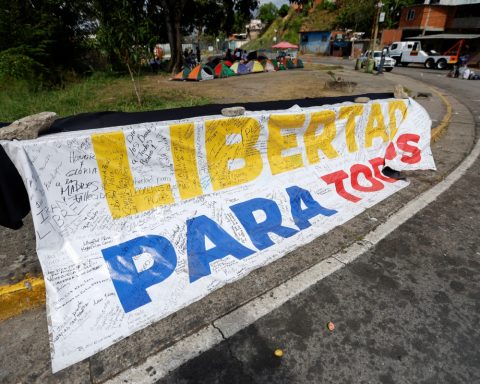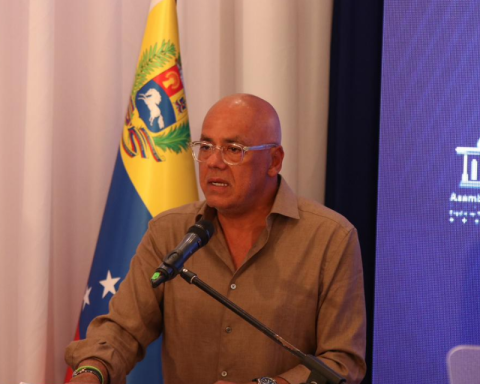The United Nations Human Rights Council approved a resolution on Monday rejecting the imposition of unilateral coercive measures against less developed nations.
The information was released by Foreign Minister Yván Gil on Twitter. “UN Human Rights Council adopts by majority a resolution that condemns the unilateral and continued application and execution of coercive measures as an instrument of pressure against any country, in particular against least developed countries and developing countries,” he wrote.
The vote had 33 votes in favor, 13 against and 1 abstention.
“The resolution of the Human Rights Council highlights that unilateral coercive measures are contrary to international law, international humanitarian law, the Charter and the norms and principles that regulate relations between States,” Gil said in another message.
It added that “the resolution adopted by a resounding majority expresses concern about the negative impact that widespread compliance and excessive compliance with unilateral coercive measures has on human rights.”
Gil specified that the document placed special emphasis on the impact of such coercive measures on human rights, affecting “disproportionately poor people and those in situations of maximum vulnerability.”
Likewise, it was highlighted that “no State may make use or threaten to make use of economic or political measures, in order to coerce another State to obtain from it the subordination of the exercise of its sovereign rights.”
For this reason, the resolution reaffirms “that each State has full sovereignty over all its wealth, its natural resources and its economic activity and freely exercises said sovereignty, in accordance with resolution 1803 of the General Assembly, approved in 1962. ”, pointed out the chancellor.
Finally –says the chancellor– “the resolution urges States to stop adopting, maintaining, applying or complying with economic, political or any other measures contrary to international law and to opt for dialogue and peaceful means to resolve conflicts or differences”.
For his part, the Permanent Representative of Venezuela to the UN Geneva, Héctor Constant Rosales, declared “A resounding vote of the @UN_HRC clearly rejecting the negative impact of illegal unilateral coercive measures on the enjoyment of Human Rights. The position of the European Union that insists on ignoring reality is once again shameful”.
Voted in favour: Algeria, Argentina, Bangladesh, Benin, Bolivia, Cameroon, China, Chile, Costa Rica, Ivory Coast, Cuba, Eritrea, Gabon, Gambia, Honduras, India, Kazakhstan, Kyrgyzstan, Malawi, Malaysia, Maldives, Morocco , Nepal, Pakistan, Paraguay, Qatar, Senegal, Somalia, South Africa, Sudan, United Arab Emirates, Uzbekistan and Vietnam.
The initiative was rejected by Belgium, the Czech Republic, Finland, France, Georgia, Germany, Lithuania, Luxembourg, Montenegro, Romania, Ukraine, the United Kingdom and the USAwhile Mexico abstained.
















